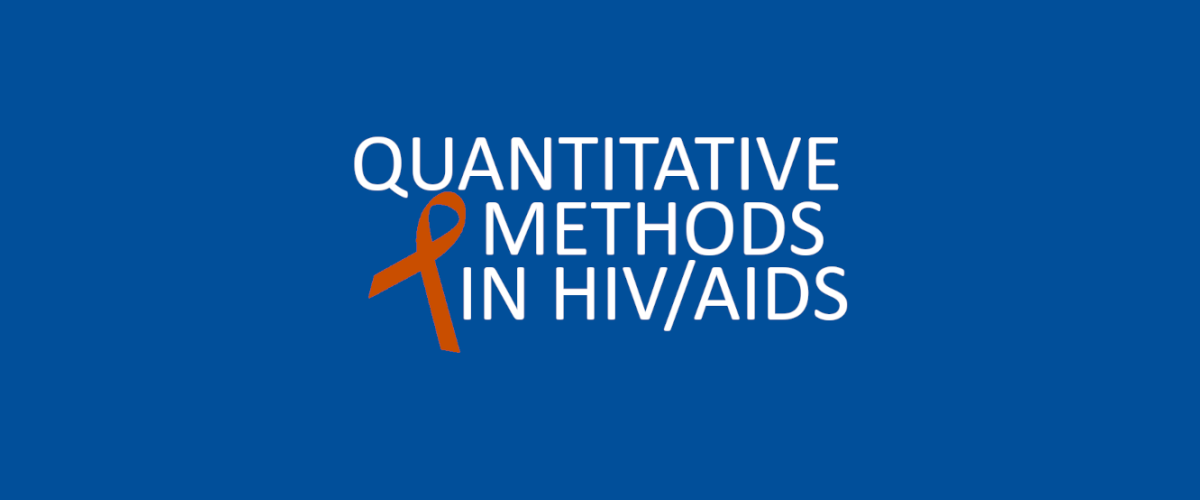
The Quantitative Methods for HIV/AIDS Research Summer Internship program, funded by a five-year NIAID R25 grant, offers 12-week full-time summer internships for graduate students in quantitative sciences (statistics, biostatistics, data science, mathematics, computer science, and engineering, etc.). These internships provide hands-on research experience in leading HIV/AIDS laboratories. Interns are matched with projects in clinical, translational, or socio-behavioral science and co-mentored by HIV/AIDS researchers and quantitative scientists.
Applications for Summer 2026 are now closed. Applications for Summer 2027 will open in Fall 2026.
Duke Quantitative Summer Internships in HIV/AIDS are paid internships during Summer 2026 to conduct research in HIV/AIDS for graduate students in quantitative disciplines. Areas of research may include data analysis, visualization, machine learning, computer simulation, mathematical modeling, or device engineering. Interns are jointly mentored by an HIV research scientist and a quantitative faculty member (who could be your current research advisor if appropriate). Interns will gain valuable hands-on research experience in a collaborative setting, increased knowledge in HIV/AIDS research, and will strengthen oral and written communication skills. If funding is available, interns will also have the opportunity to present their work at local, national, or international HIV/AIDS conferences.
Internship Details
- Up to 10 summer internships available
- Internship lasts for 12 weeks, May 11 - July 31, 2026
- Multi-year internships are possible
- Interns will be provided a stipend of $21 per hour (up to a maximum of 40 hours per week) for their participation (unless forbidden by NIH- e.g., T32 recipients)
- Interns can apply to present a poster or talk at a national or international conference, if funding is available.
- All interns are required to attend in person meetings and seminars on one set day every week.
Application Process
Applicants will be asked to submit the following materials:
- Personal Statement and Goals
- What is your research experience? What are your research interests? (Up to 300 words)
- What do you hope to learn and accomplish by participating in this program? (Up to 300 words)
- What are your career goals? (Up to 300 words)
- CV/Resume
- Graduate school transcript
- Unofficial copies are acceptable
- Two professional/academic references (Feedback survey will be sent to listed references)
Intern Eligibility
- Interns must have a quantitative background (e.g. stats, math, CS, data science, engineering).
- Interns must be enrolled in a graduate program at the time of the internship.
- All graduate student employees must work in North Carolina.
- No students can work outside of the U.S. whether a U.S. citizen, Green Card holder, visa holder or not.
- Foreign nationals who are physically located in the U.S. can work, but their visa status must allow for this work.
Please email Kelly Sune (kelly.sune@duke.edu) if you have any programmatic questions.
Call for Proposals: Duke Quantitative Summer Internships in HIV/AIDS (2026)
The Quantitative Methods in HIV/AIDS Research Summer Internship, starting it's 8th year, invites quantitative graduate students to research HIV/AIDS projects proposed by the Duke HIV/AIDS research community for the Summer 2026 program (May-July). Proposals should involve data analysis, visualization, machine learning, computer simulation, mathematical modeling, software development, or device engineering, with optional fieldwork or lab work. Interns will be co-mentored by an HIV/AIDS researcher and a quantitative researcher, with the program providing suitable mentors. The internship aims to introduce students to HIV/AIDS research and foster interdisciplinary collaborations, with past interns rating the experience highly and many considering a future career in HIV research. Email Kelly Sune for a list of previous proposals.
The summer internships will cover
- 12 weeks of full-time paid work (May 11 - July 31, 2026)
- Up to $1000 travel/accommodation to present a poster or oral presentation at a conference (subject to funding availability)
Expectations of scientific/clinical mentors (either PI or designated team member)
- Collaborate with the quantitative mentor over the internship period
- Prepare expectations, objectives and a structured research plan for the intern
- Ensure that any resources necessary are available at the start of the internship (e.g. data sets)
- Meet regularly with intern to provide guidance
Multiple proposals are welcome!
Click the button below if you would like to submit your proposal or speak to our team for assistance with crafting a successful project proposal.
If you have any questions about the internship, please contact Kelly Sune.